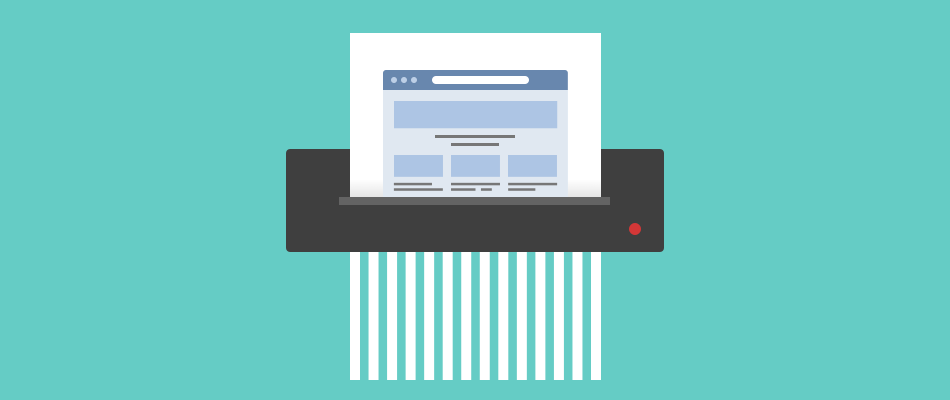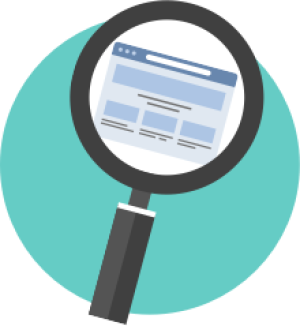How To Delete Your Browsing History

Why Would You Delete Your Browser History?
Every day, people clear their browsing history in order to delete information stored by their browser. Over time, this stored information could slow down your Internet connection or threaten your Internet privacy. Deleting your browsing history allows you to keep your personal search history private and out of reach of third-party snoops and hackers. As you surf the web, everything you view is stored in your computer cache. Congested computer caches can also take up space on your computer's hard drive, so it is recommended that you clear your browsing history as often as possible.

Clear Your Browsing History
To delete your browsing history, follow the steps below. Once deleted, your website history log will be cleared and previously-visited websites will no longer appear in your history log.
- Open your preferred browser.
- Click History in your browser menu.
- Click Clear to erase all items in your history log. This button text may differ depending on which browser you are using.
That's it. Your browser history is now deleted.
More Ways to Protect Your Privacy
Protecting your privacy online is crucial to maintaining your security and enjoying an open, unrestricted Internet experience. When you browse the Internet without an extra layer of protection, such as a VPN, you are risking your private information being shared with third-party sites or hackers on your network. Information such as your IP address, location and search history are at risk. You should always be aware of the following:
- Your ISP (Internet service provider) can see a great deal of information, including your activity, location, sites visited, whom you communicate with and more.
- ISPs or other providers often share or sell this data to third parties, including advertisers.
- It's essential to to read and understand the privacy policies of the various web-based tools or sites you visit.
To protect your privacy while browsing online, you can also do the following:
- Use a VPN: A VPN encrypts your Internet connection, offering an exceptional level of privacy and security every time you connect. With a VPN, no one (not your ISP or snoops) can see the sites you visit, your location or any other personal data.
- Use HTTPS: HTTPS indicates that your connection is secured, meaning it is safer than using HTTP. Always use this prefix when you browse.
- Be aware of the risks: Understand that when browsing, a lot of personal information may be exposed to your provider and websites. Being aware of this fact can help you decide what you do online and what privacy measures you take.
Sources: Computer Hope

